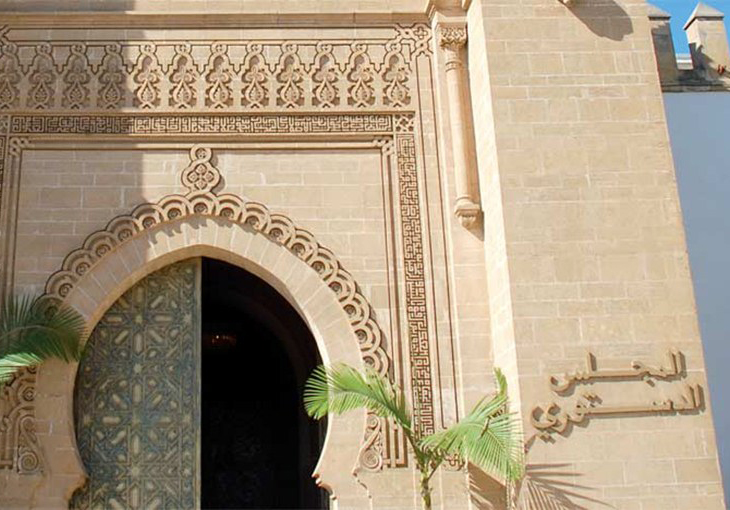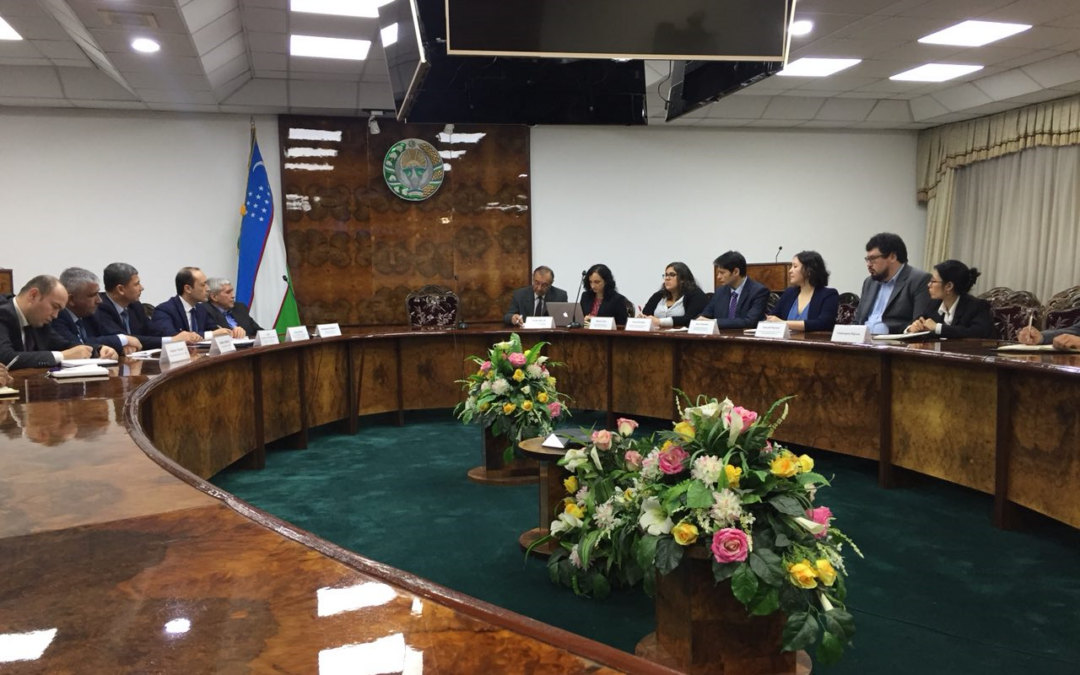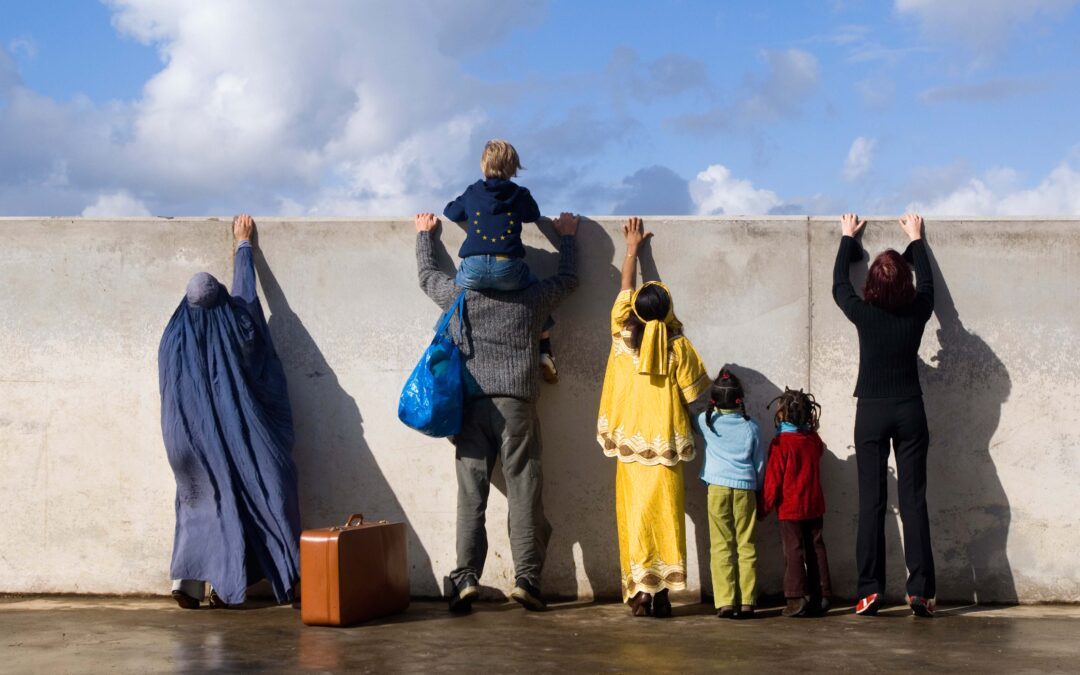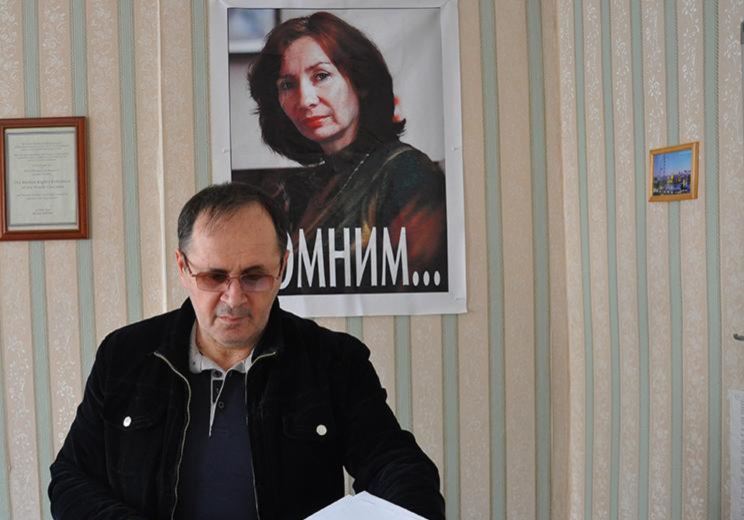
Feb 20, 2018 | News
In a memo published today, the ICJ called on the Moroccan authorities to refrain from signing into Law Draft Organic Law No. 86.15 on access to the Constitutional Court with a view to amending it and ensuring its full compliance with international standards.
On 8 August 2017, the House of Representatives approved the Draft Law.
The Second Chamber of the Parliament, the House of Counselors, approved the Draft Law on 16 January 2018.
Before its promulgation, the Draft Law is due to be reviewed by the Constitutional Court to assess its compliance with the Constitution.
“The Draft Law is a missed opportunity to facilitate individuals’ access to the Constitutional Court and to remedy Morocco’s history of inadequate procedures of constitutional review,” said Said Benarbia, ICJ MENA Director.
“By providing for a two-layered admissibility system that includes vague and subjective criteria, and by omitting to extend free and competent legal assistance to those unable to pay when challenging the constitutionality of laws, the Draft Law puts undue burden on the litigants and curtails their access to the Court,” he added.
Under the Draft Law, a request to challenge the constitutionality of a law can only be introduced in the context of a litigation.
Lower courts are to refer the request to the Cassation Court after reviewing it and confirming that the formal and legal requirements set out in the Draft Law are met.
The Cassation Court shall then assess the challenge and refer it to the Constitutional Court if deemed “serious.”
The ICJ is concerned that this proposed procedure increases the likelihood that some laws and provisions may never be subjected to constitutional review, and that litigants may be blocked in their efforts to ensure the review of the constitutionality of the laws.
Moroccan authorities should provide for lower courts to immediately refer constitutionality challenges to the Constitutional Court, as well for other avenues of access, including for individuals and NGOs to be enabled to join proceedings as interested parties or to submit information as amicus curiae or through expert opinions, the ICJ says.
Under international law, anyone who alleges they have been the victim of a human rights violation has the right to access to an effective remedy, including a judicial remedy.
In Morocco, ensuring that alleged victims have access to constitutional review is of key importance to fulfilling this right within the national legal system.
Morocco-Access Const Ct-News-web story-2018-ARA (full story in Arabic, PDF)
Morocco-Access Const Ct-Advocacy-Position paper-2018-ENG (Memo in English, PDF)
Morocco-Access Const Ct-Advocacy-Position paper-2018-ARA (Memo in Arabic, PDF)

Feb 14, 2018 | News
From 12 to 14 February, representatives the ICJ visited Uzbekistan as the first step in a new programme of work on access to justice in the area of economic, social and cultural rights.
During the visit, ICJ representatives met with a number of State institutions relevant to this topic, including the Supreme Court, the High Judicial Council, the Ministry of Justice, the Bar Association of Uzbekistan as well as the Commission of the European Union Technical Assistance Programme National Coordination Unit (NCU).
The ICJ also met with the Delegation of the European Union to Uzbekistan.
The visit allowed the ICJ to provide information and begin plans for its work to advance access to justice for the protection of economic, social and cultural rights in Uzbekistan in the framework of the ACCESS project (“Advancing Civil Society in promoting ESCR Standards”), supported by the Delegation of the European Union to Uzbekistan.
During this visit, the ICJ signed a Memorandum of Understanding with the Research Centre for the Study of Justice under the Supreme Judicial Council of the Republic of Uzbekistan, with which it held an international seminar on Comparative Approaches to Selection, Appointment and Evaluation of Judges in September 2017.
The memorandum will serve as a platform for furthering ICJ’s work with the judiciary in Uzbekistan within the ACCESS project and other initiatives.
The ICJ is grateful to all those who met with the ICJ representatives in Tashkent.

Feb 3, 2018 | Agendas, Events, News
Today begins in Ankara (Turkey) a two-day training for lawyers and CSO practitioners representing and working with migrants, refugees and asylum-seekers.
This event is organized by ICJ, in cooperation with its partners Refugee Rights Turkey, the European Council on Refugees and Exiles (ECRE), Mülteci-Der (MD) and ICJ-EI, as part of the EU co-financed project Fostering Access to Rights for Migrants, Refugees and Asylum-Seekers in Turkey.
30 lawyers and civil society practitioners – representing nine different bar associations and relevant organisations from the Ankara area and other nearby key migration and asylum locations – are taking part in the training on 3 and 4 February.
The training aims to update lawyers and CSOs on the international and national law on the rights of refugees, migrants and asylum-seekers in order to be effective in their work at both the national and international levels. It aims at an effective implementation of the Turkish legal framework on asylum and migration.
The main thematic areas to be discussed will be the principle of non-refoulement, international protection, detention and access to economic, social and cultural rights.
The training will use as a basis the draft training materials prepared by the ICJ and its partners (to be published an the end of 2019) and, among other sources, the ICJ Practitioners Guide no. 6: Migration and International Human Rights Law.
The project “Fostering Access to Rights for Migrants, Refugees and Asylum-Seekers in Turkey” is funded by the European Instrument for Democracy and Human Rights (EIDHR) of the European Union.
Turkey-Training-Ankara-MigrationAsylum-Agenda-2018-tur-eng (download the agenda in Turkish and English)

Jan 15, 2018 | News
The ICJ is concerned at allegations that the recent arrest and detention of Oyub Titiev, the head of the Chechen branch of the Russian human rights organisation Memorial, were carried out as retaliation for his human rights activity.
The ICJ is particularly concerned at the more recent reports that family members of Oyub Titiev have had to leave Chechnya for security reasons following threats.
The ICJ calls on the Russian federal and local authorities to conduct a prompt, thorough and independent investigation into allegations that criminal charges against Oyub Titiev have been fabricated by police.
Oyub Titiev should be immediately released pending the outcome of this investigation, and measures should be taken to protect his security and that of his family.
On 9 January 2018, at 10.30, according to an official statement of the Ministry of Interior of Chechnya, Oyub Titiev’s car was stopped near Kurchaloy town to check his documents.
During a search of his car, a plastic bag with approximately 180 grams of a substance identified as marijuana was allegedly found.
Titiyev was charged with possession of a large quantity of narcotics under article 228 of the Criminal Code of the Russian Federation. However, he has stated that the narcotics were planted and has filed a complaint with the Prosecutor’s Office to initiate an investigation into these allegations.
Oyub Titiev, the head of Memorial in Chechnya, is one of very few human rights defenders who continue their work in Chechnya despite significant obstacles and threats.
He took over this position following the murder of the former head of Memorial in Chechnya, Natalya Estemirova in 2009.
In accordance with Article 2(a) of the Declaration on Human Rights Defenders (Declaration on the Right and Responsibility of Individuals, Groups and Organs of Society to Promote and Protect Universally Recognized Human Rights and Fundamental Freedoms), human rights defenders have a right to conduct human rights work individually and in association with others.
Under the same Declaration, States have a duty to take all necessary measures to ensure the protection of everyone against any violence, threats, retaliation, adverse discrimination, pressure or any other arbitrary action as a consequence of his or her legitimate activities as a human rights defender.
Threats of violence and the falsification of evidence by public officials constitute crimes under the Russian Criminal Code. Reliance in criminal proceedings on evidence falsely planted by the police or other State actors would violate international human rights law including fair trial guarantees under the UN Covenant on Civil and Political Rights and the European Convention of Human Rights.
Attacks on human rights defenders working in an extremely difficult human rights environment such as that of Chechnya, or attacks on their family members, have a chilling effect on work to defend human rights there. If further such attacks are to be prevented, individuals responsible for them must be brought to justice through a fair procedure, the ICJ stressed.

Jan 11, 2018 | Advocacy, Cases, Legal submissions
The ICJ responded today to the observations of the Czech Government on the merits of the collective complaint brought against it earlier last year by the ICJ and Forum for Human Rights.
The complaint to the European Committee of Social Rights (ICJ v. the Czech Republic, No. 148/2017) argues that the Czech Republic fails to ensure equal legal protection and participation of children below the age of criminal responsibility in the pre-trial stage of juvenile justice procedures.
The ICJ and Forum for Human Rights reinforced the complaint, relying on Article 17 of the Social Charter, in relation to the State party’s failure to ensure that children below the age of criminal responsibility but recognised as having infringed the penal law are treated in a manner consistent with the promotion of the child’s sense of dignity and worth, which reinforces the child’s respect for the human rights and fundamental freedoms of others and which takes into account the child’s age and the desirability of promoting the child’s reintegration and the child’s assuming a constructive role in society.
Europe-ECSR-ICJvCzechRepublic-ChildrenJustice-ICJresponse1-2018-ENG (download the ICJ reply)









